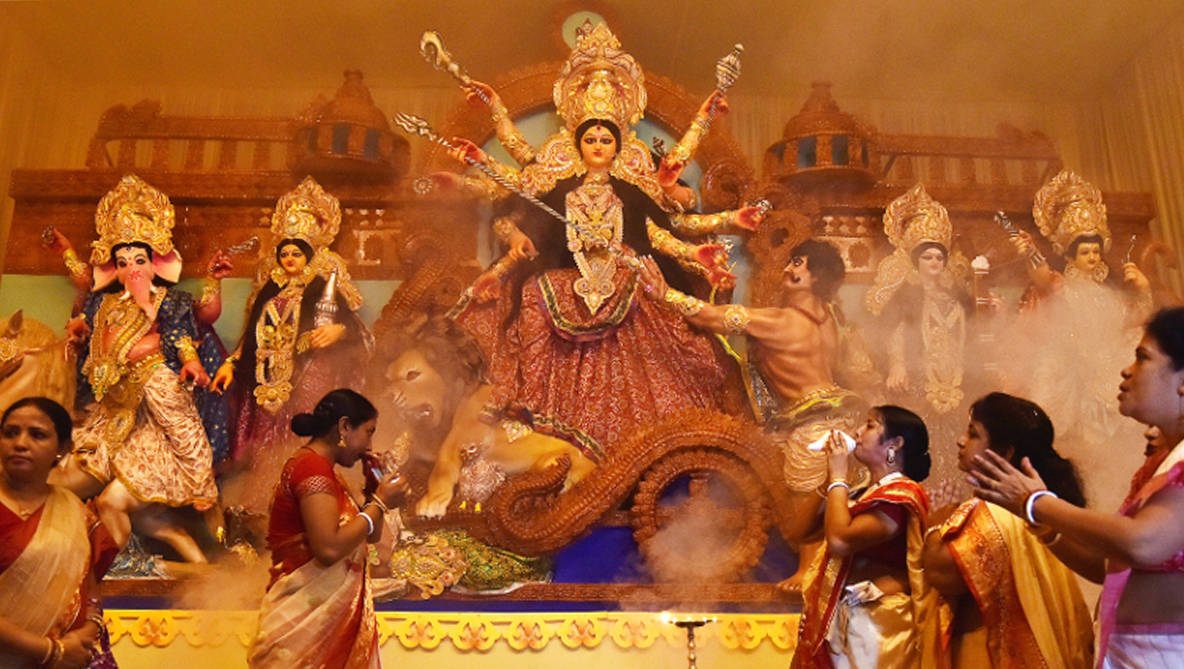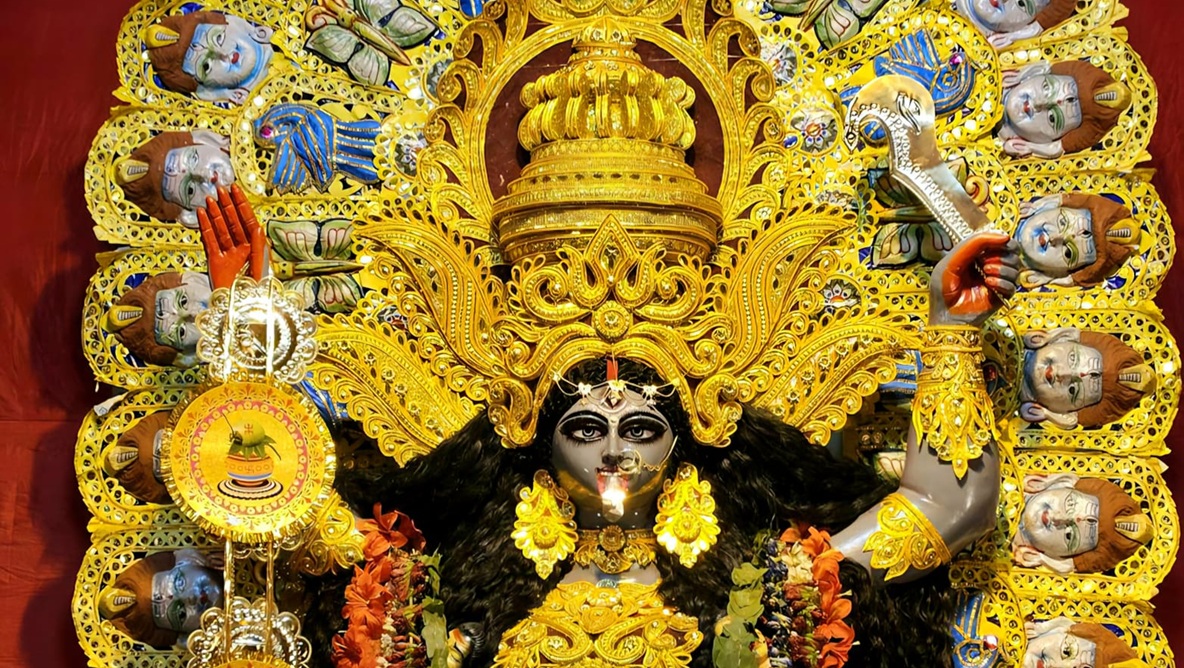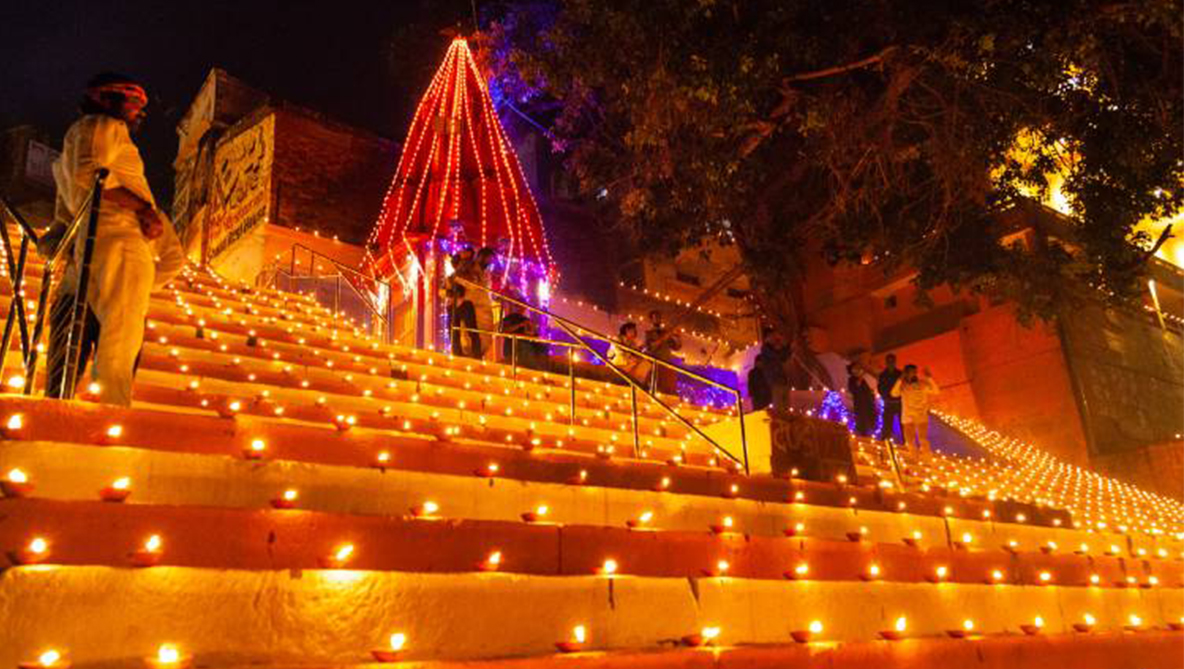
Sreeja is a soon-to-be octogenarian living with her well-off, middle-class family in Bangalore. The elderly lady has two sons and a daughter, all of whom are busy with their careers and the demands of daily life.
The 80th birthday is a major milestone in any human being’s life, a moment to be commemorated and celebrated. Ahead of Sreeja’s birthday, her children connect over a conference call to decide how to make the day special. Each one offers their own ideas: hosting a party with close family and friends, gifting pieces of jewellery their mother would like, and creating a video featuring thoughts and wishes from extended family, reliving memories, and sending birthday greetings. Each suggestion has its own merit, and all are well-meaning.
After discussion, the siblings decide to do all three, hoping to make their mother happy.
Over the next fortnight, hectic preparations unfold, with grandchildren chipping in. Except for a few snippets, the entire affair is kept a surprise from Sreeja. She is encouraged to look forward to the big day.
Here’s the missing link: The family, caught up in preparations, has little time for their mother, leaving her alone in her room for long hours.
Finally, the big day arrives, and the entire family is excited. However, Sreeja feels lonely inside, yearning for companionship she cannot express to her children. She is dressed in new clothes, a cake is arranged, and friends and family sing birthday wishes.
The event costs the family Rs 4 lakhs, covering gifts, the party venue, guest accommodation, and various direct and indirect expenses. Once the day concludes, Sreeja returns to her room, all by herself.
The children feel satisfied that they have managed to “return” a part of what their mother did for them and gratefully accept compliments for organizing such a thoughtful event.
This story raises an important question: Do the elderly truly need gifts of gold and silver, or do they need compassion, empathy, and care? Would it not have been wiser for the family to invest in the services of a caregiver who could spend one-on-one time with their mother? Isn’t it economically sensible to support a youth in need by providing employment and benefiting the family as well?
A trained caregiver in Bangalore typically costs between Rs 20,000 and 40,000 per month, depending on qualifications and experience.
To all well-meaning and loving children: Take a moment to reflect on what truly makes sense. Is it better to spend on a day’s celebration or to invest in sustained care and comfort?




























